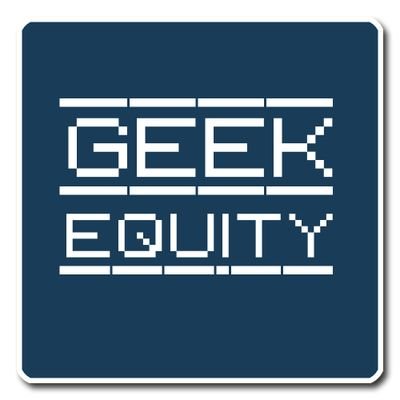Project leader Eva has interviewed two groups of 18-19 years olds about technology and geekiness. She asked what these things mean to them and showed clips from Avengers Age of Ultron, Men in Black, The Social Network and Black Panther to provoke debate. One of the groups is studying the technology programme and the other is from the natural science programme. It has been a long journey to get to this point. From the first ideas of a geek project to then writing up an application and not getting any funding, to rewriting and applying again. And now finally – we have embarked into “the field”. It’s so exciting! In this post Eva Silfver shares what the young people had to say as they discussed future work expectations, the dangers of technology, the pros and cons of being a geek, and the impact of feminism.
Meeting the students
My first impression of the two interviews is that the they were quite different. The technology group of five young men was more talkative and their interview lasted longer. They talked a lot about technology – using tech/programming words I did not fully understand and had to ask about. In the other interview, the two female and three male science students did not relate as strongly to technology. They positioned themselves as not so into tech and programming. The tech boys displayed their expertise by dismissing the technology in the film clips as out of date, unrealistic and a bit ludicrous, while the science students described it as cool.
Future work expectations
When I asked what’s good about technology and if they wanted to work with technology in future, the tech group focused on how good the labour market is for technologists. However, they also described the tech field as competence based rather than requiring higher education – you don’t need an engineering exam if you can show your GIT repository, i.e. stuff you’ve coded and developed by yourself. In contrast the science students described technology work as something cool but at the same time very complicated and something they’d probably find too sedentary. Instead, they emphasised the importance of having a job that is meaningful.
The dangers of technology
Both student groups discussed the dangers of technology, such as it falling into the wrong hands! The tech group could foresee automation in virtually all areas of life with technology improving conditions in poorer parts of the world. They discussed the risks that mistakes will surely be made, and they see the ‘private sector … a nightmare’. The EU was highlighted as an important force that can step in and break up companies that would otherwise exert too much power as monopolies. One danger they put forward was that someone would code an algorithm killing all of humanity. One of the young men, however, argued that the greatest risk to humanity is the gap between those who understand technology and those who do not, and that this gap will increase. Another discussion focused on what happens when automation displaces workers, as this could take away much meaning from life. Yet, they argued, that future generations will be able to find other meanings in life than work, and everyone will have a basic income for survival, ensuring the capitalist system keeps going.
Pros and cons of being a geek
I also asked about the geek and whether and how this idea connects to technology and/or science. The tech students described geeks as social awkward. Yet, they discussed whether IT people in fact are more socially incompetent than others, and some argued that programming geeks are in fact socially competent, but in a different way. Tech people only appear geeky, one said, because others do not understand what they talk about. Overall, my impression was that they did not want to be addressed as geeks although some of them had been. They agreed that they would not present themselves as geeks – “You don’t go up to a girl and say: Hi, I’m a geek” – rather framing their ‘geekiness’ as a deep interest and competence – “At least, that’s what you write on your CV”!
The impact of feminism
The science group discussed the impact of feminism in society and whether it is good or bad that big film studios adapt their outputs towards more politically correct representations of who works with technology and what type of people are seen as geeky. They exemplified this with the Ghostbusters remake where all the male characters are replaced with women and how that spoiled the whole idea of trying to promote women as geeks and/or technological because it’s such a bad film. However, they liked Black Panther because this represented black people and the technologist is a young woman – although they did not interpret her as geeky. They argued that we have feminism to thank for these ‘new’ representations combating stereotypes, however they did not like big film companies making money out of it while ostensibly doing it for a good cause.
Now I really hope that I will have the opportunity to conduct in-depth interviews with some of the students as there are many themes to follow up. That would be so great!


